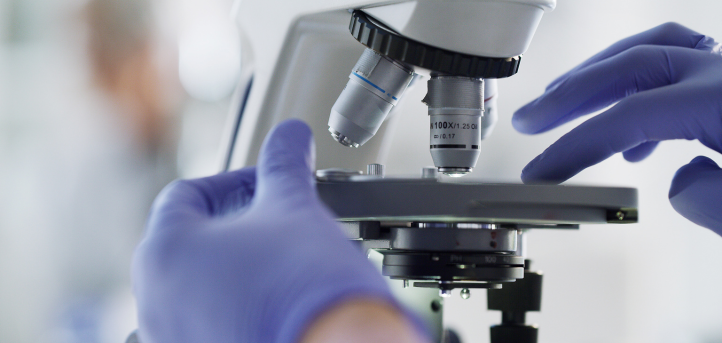Researchers at the Universidad Europea del Atlántico (European University of the Atlantic, UNEATLANTICO) collaborate in a research that proposes a new approach to thyroid disease prediction based on machine learning.
The thyroid gland has an elemental function in the regulation of metabolism, and irregularity in this gland generates several anomalies such as hyperthyroidism and hypothyroidism: two of the most common. Thyroid disease is one of the most common diseases affecting many people worldwide.
Advances in technology have significantly benefited the healthcare field. Enabling early disease detection and diagnosis, predicting virus outbreaks, discovering and testing drugs, managing healthcare data, etc. On the other hand, healthcare professionals strive to identify diseases in the early stages to provide more appropriate treatments to patients and cure diseases as soon as possible and with less expense.
The prediction and diagnosis of thyroid diseases is indispensable. However, existing approaches to its diagnosis usually focus on binary classification, which consists of classifying individuals into thyroid patients or healthy subjects. In contrast, there is little research with multiple approaches; indeed, this research tends to focus on only three categories: normal, hypothyroidism, and hyperthyroidism.
Therefore, to optimize the detection and diagnosis of thyroid diseases, researchers at UNEATLANTICO, together with other professionals, propose a new approach to thyroid disease prediction based on machine learning, centered on the multi-class problem.
Research results
This proposed approach can predict Hashimoto’s thyroiditis (primary hypothyroidism), binding protein (increased binding protein), autoimmune thyroiditis (compensated hypothyroidism), and thyroid syndrome (NTIS) (concurrent non-thyroidal disease).
Experiments have shown that the selected features based on the tree classifier produce accurate results of 0.09. In addition, machine learning models have been found to be the best option for detecting thyroid diseases.
If you want to know more about this fascinating study, click here.
For further research, check the UNIB repository.


